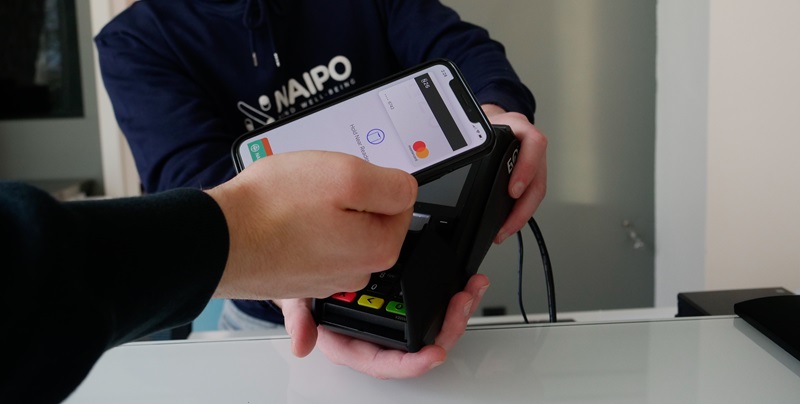One of the few remaining Apple Pay holdouts has finally caved to the pressure. Lowe’s, the second-largest hardware store chain in the United States, is now rolling out Apple Pay support and tap-to-pay capabilities for contactless credit and debit cards at its over 2,100 locations nationwide. This decision could potentially disrupt the home improvement retail landscape, putting pressure on other industry players like Walmart, Home Depot, and H-E-B to follow suit.
Lowe’s Adopts Apple Pay
After much speculation and anticipation, Lowe’s has made a significant move by embracing Apple Pay, a mobile payment solution that allows users to make secure transactions using their iPhones or other Apple devices. This payment method, which has gained popularity due to its convenience and security features, is now easily accessible for customers when making purchases at Lowe’s stores.
The Impact on Home Improvement Retailers
As the second-largest hardware store chain in the country, Lowe’s decision to adopt Apple Pay undoubtedly gives it a competitive advantage over its closest rival, Home Depot. With Apple Pay, customers can simply tap their iPhones or Apple Watches to pay for their purchases quickly and securely. This new payment option may entice tech-savvy consumers who prioritize convenience and seamless transactions, potentially leading them to choose Lowe’s over Home Depot.
The Walmart Dilemma
While Lowe’s has joined the Apple Pay wave, Walmart continues to resist embracing this payment solution. Walmart, the largest holdout in the United States, remains firm in its decision to forgo Apple Pay, despite increasing pressure from customers and industry observers. This ongoing standoff raises questions about the future of mobile payment adoption, especially within the retail giant’s customer base.
Notable Holdouts
Besides Walmart, other notable chains such as Home Depot and H-E-B still do not support Apple Pay, contrary to the growing trend among retailers to adopt contactless payment options. This reluctance to embrace Apple’s mobile payment solution may create a divided landscape in the retail industry, with some chains actively catering to consumers who prefer secure and seamless payments, while others stick to traditional methods.
Consumer Choices and Sentiments
Lowe’s decision to adopt Apple Pay raises an essential question: Will this payment option sway consumers to choose Lowe’s over Home Depot? While convenience and payment options are important considerations, consumers also base their choices on factors such as product selection, price, customer service, and overall shopping experience. Therefore, it remains to be seen whether Lowe’s adoption of Apple Pay will significantly impact consumer behavior in the long term.
Lowe’s decision to adopt Apple Pay and tap-to-pay support reflects the company’s commitment to embracing modern payment options and catering to the evolving needs of consumers. As this shift takes place, industry leaders like Walmart, Home Depot, and others face increasing pressure to follow suit or risk losing tech-savvy customers seeking frictionless payment experiences. The future of mobile payment adoption in the retail space is still uncertain, but Lowe’s entry into the Apple Pay ecosystem signifies an important step forward.

